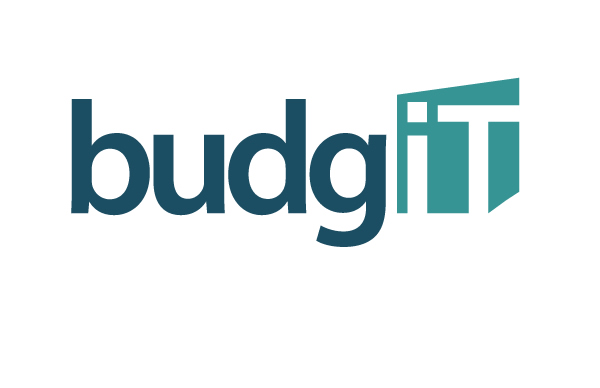FG spending exceeds revenue by 225% — BudgIT

BudgIT
A report by BudgIT, an accountability firm, has revealed that the Federal Government spent three times its revenue in 2023, resulting in a deficit of N13.50tn.
In its analysis of the 2023 fiscal accounts from the Office of the Accountant-General of the Federation, BudgIT stated that the government’s revenue last year was N5.99tn, while it spent N19.50tn, exceeding its income by 225 per cent.
The report showed that the revenue came from various sources, including N3.80tn from the Federation Account Allocation Committee, N1.98tn from the Federal Government’s independent revenue, and N202.54bn from other sources.
This deficit highlights the government’s continued drift away from fiscal responsibility, as it borrows more than it earns, perpetuating a cycle of debt and financial instability.
Reacting to this, a fiscal accountability expert at the Centre for Fiscal Transparency and Integrity Watch, Victor Agi, sounded the alarm on Nigeria’s escalating debt crisis, warning of severe economic implications if urgent action is not taken.
“The economy is bleeding and we are struggling to fund capital expenditure. The implications are dire,” Agi said.
He criticised the government’s handling of the economy, stating, “It shows how irresponsible the handlers of the economy have been since a couple of years now.”
Agi noted that Nigeria has experienced no economic growth since 2014, with the economy experiencing negative growth. “If nothing is done about it, it will continue,” he warned.
He expressed concern over the government’s borrowing habits, saying, “The problem is not the fact that the government is borrowing, but what are we borrowing for? We are borrowing to fund debt, to fund frivolities.”
Agi pointed out that only 4.4 per cent of the government’s N19tn expenditure last year was used for capital expenditure, describing it as “not acceptable.”
He warned that the implications of the government’s actions are already being felt, with the cost of living escalating and ordinary people struggling to make ends meet.
“The money we are borrowing is not the problem per se. The fact that we are borrowing to service debt, to fund frivolities, is the problem,” Agi emphasised.
He called for fiscal responsibility, urging the government to prioritise funding for the real sector of the economy and capital expenditure.
“Our fiscal handlers must be more responsible if we will get out of the current economic situation,” he said.
A public policy enthusiast, Femi Oladele, also expressed concerns over the Nigerian government’s spending habits, warning that the country’s economic woes may worsen if not addressed.
Oladele noted that spending more than one earns is not inherently bad, but emphasised the need to examine the breakdown of such expenditures.
“If I earn N200,000.00 monthly, but spend N1,000,000.00 in three months – that’s not necessarily bad. But if we check what I spent the money on, we can then draw subjective inferences,” he said.
He questioned the government’s priorities, suggesting that they may be relying on unknown “windfalls” to sustain their spending habits.
“In my opinion, it looks like our Government believes (or knows) that there is some kind of windfall somewhere that others don’t know,” Oladele stated.
He criticised the government’s tendency to prioritise non-essential expenditures, saying, “There are some expenditures that can wait…till we exit this economic doldrum, but it appears they are not so worried.”
Oladele also highlighted the need for local investment to stimulate economic growth and development.
“Most of those spendings are unfortunately not local, so would have little impact on our economy directly. We need to invest locally to spur economic actions that can escalate growth and development,” he emphasised.











